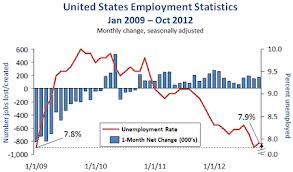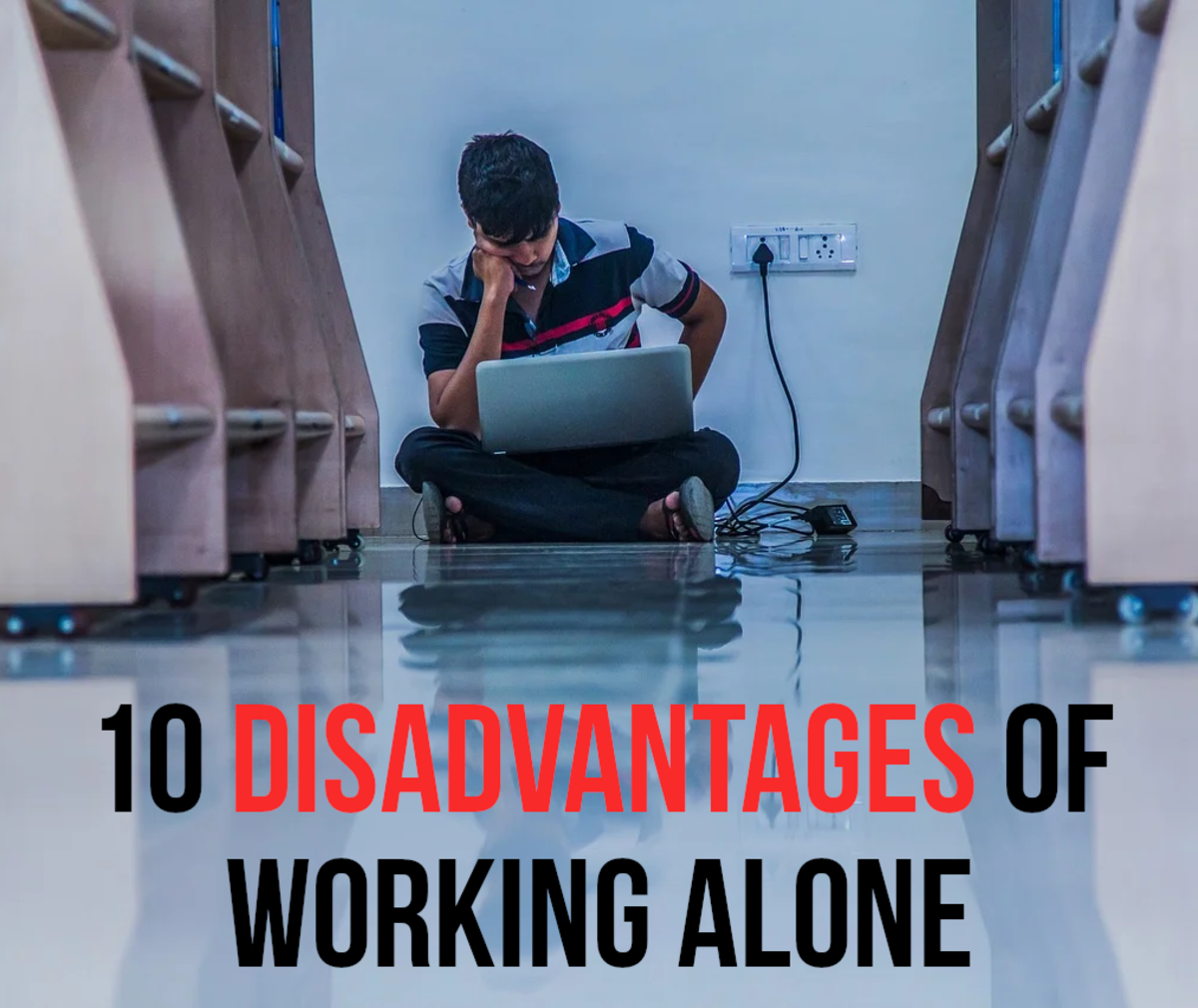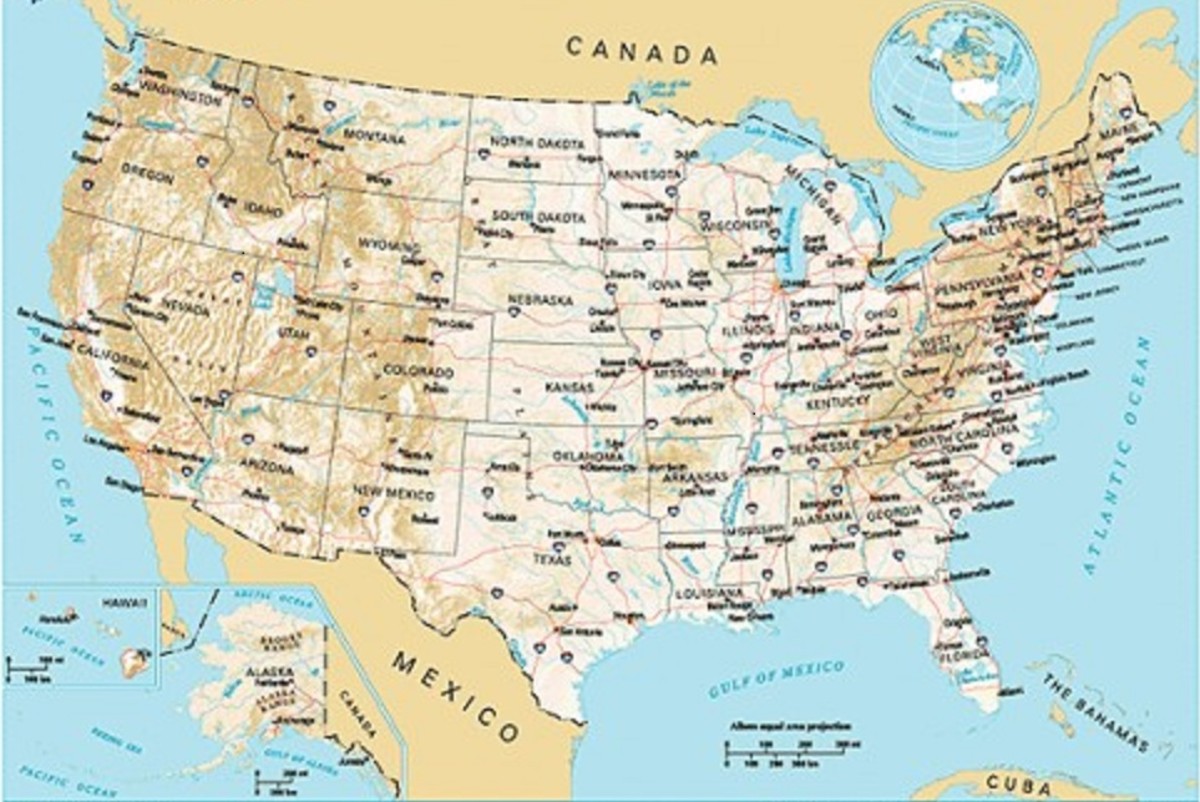Finding a Job: Online and In-Person. What You Need to Know

General Tips
-Groom yourself, man! Show them that you want to look nice, just for them. Get a haircut, trim your nose (and ear-hair I suppose), and tuck in your shirt!
-Talk intelligently. There's a difference between being ignorant and being stupid. Ignorance is not knowing, and stupidity is being incapable of knowing. Show an employer that you're knowledgeable, capable, and ready for anything. You may not know everything, but you are willing to learn whatever you need to to succeed.
-Confidence. A Eddard Stark once said, "The only time you can be brave is when you're afraid." It's all an act, really. Just be sure to be convincing. Be the best you, and all that.
Step I: Choosing an Employer
This is obviously the most important step, and hence it comes first. There are millions of employers around the globe, and yet finding even *one* that you would want to work for is a daunting idea. Here are a few things to look for when scoping out a prospective employer.
- Talk to the current employees. Are they satisfied with the business practices? How long have they worked there (turn-over rate), and do they look positively forlorn?
- Is the environment very orderly and to your liking? Whether it's a construction job, a retail job, or a high-end CEO position, you have to like what you see. If the job site is in disarray, then likely the management is entirely disordered.
-Read reviews online. Glassdoor, and Indeed are two websites I frequent often when seeking information on employers. Obviously anything gleaned from a website from anonymous folks should be taken with a pound of salt. But, if you see that your target job is rife with reviews including such works as "Terrible," "The worst," and "I'd rather die than work there again,' then you have your answer.
-What's also important for those seeking sales positions or in retail; reading customer reviews is important as well. Knowing how the customer experience is, helps to shade in the possibilities for being a salesman. If it's an inherently negative experience for those involved, then you're essentially walking into a realm of torture.
- What does the Better Business Bureau say about your prospective employer? Do they have anti-competitive policies, and awful health benefits? Do they start many lawsuits, or are they targets of many employee-initiated suits? Neither is good, really. Are they anti-union, or do they treat contractors badly? What ties do the executives in the company have to other companies, governments, or possibly terrorists? Every base must be covered. Fraud, or illicit activity by a CEO can result in the stock of a company to plummet, and jobs to be cut.
Once you have found what you think you're looking for, next comes to the application process.

Step II: Initiating your Application
The application process is marginally different depending on your state, country, and yes, employer. Initiating contact, and maintaining contact are part of the process everywhere, however.
The process is becoming more of an online affair since the late 1990s. It's easier for both parties, but for those people who have resumes that are lacking in substance or style, it can be a definite hindrance. A couple pieces of paper don't really showcase a person's talent nor prodigy. But those Human Resources employees would rather see a slideshow of one-page candidates and pick the best one, rationally.
I've heard so many people ask the question: "Should I apply in-person or online?" and the answer is that you have to do both. Think about it this way: If a person knows your name, but not your face, how likely are they to remember you? Same goes for your face, but not your name. It takes both a face and a name to remember someone effectively. Your name is your resume, and your in-person interaction is your face. Use both wisely, and you'll be the one that shows up in the Human Resource manager when they go to pick the candidate from all the fish in the sea.
You may have to call the employer after a certain period of time. While I have never had any personal luck doing this, it seems to be a common practice. I've talked to a few H.R. managers that actually make their decision based upon who calls back and in what frequency.
Don't let them tell you, "We'll keep your application on file for X amount of days," as what they're paraphrasing is, "We didn't think you were good enough for the job, and we're stuffing you in the "never-to-be-heard-from-again" drawer. If you've done your job of being persistent, and making a good overall impression, then you won't have this said.
Would you deny a job to a person that fit your circumstances?
Step III: Find Out Why You Didn't Get the Job
It could be any number of reasons. I'll list some that I've found to be legitimate reasons, and some that are BS made-up reasons that are only a way for a company to save face while still letting you know that you won't be receiving the position.
-You are not qualified. This can be due to not being able to work the right amount of hours, or not enough education, or experience in the field. It's a generic answer that may or may not be true.
-The position has been filled. While there's almost no way to prove this is true or false, it also doesn't have any modifier attached to it. It isn't saying that you didn't receive the job because you aren't good enough, but rather that someone else was a better 'fit'.
-Eh...you're a criminal. If you're a criminal and they find out, then they may just deny you on the spot. The catch is, they most likely won't tell you as much. By process of deduction, it's possible to guess their true reason for denying you employment. If you have both the experience, the education, and availability, and they don't say that someone else received the position, then it's quite possible that it's because you have a felony record.
-You didn't pass the drug screening. Shame on you! Be sure not to take marijuana up to a month before seeking employment, and I'd say a week for opiates or benzodiazepines. They don't usually care about prescription medications, but sometimes they do. Your liver likes to hold onto trace elements of the byproducts of these medications, and in marijuana's case, it is stored in trace amounts in your fat cells. Beware trying to handle drug addiction and seeking employment at the same time.
-You lied on your application/resume. So many people put false information on their resumes just on the off-chance that it will give them a leg-up with hiring managers. The problem with this is two-fold. The lie can be found out. Perhaps now, or in the future, it can be found out. And when a manager finds out that you are a liar (as we all are), they may strike you down for moral reasons. The second reason is that employers check with references and on the background check they see which jobs were reported to the IRS for tax withholding. These are safeguards against people who would invent their job history. Lying about your skills will also provide a set of expectations from the employer that you are not likely able to meet.
An employer will not likely tell you that they've denied your application for employment on grounds of hygiene. But it does happen. That's why people wear makeup and nice clothing to interviews. We all know it's a sham, but it's expected of us. We must make ourselves look presentable, and in a light that is not really genuine. Some would say that's a form of lying, but I see it as effective acting. We must act confident, personable, and organized when seeking a job. Very few of us are actually this way all the time, but when trying to compare yourself with others, it is important to set yourself in the best possible light, even so.

Employment Statistics
As of January, 2014, Unemployment in the USA is at 6.6% for those above the age of 16. This number has dropped in the past four years. It rose and hit its peak in late 2009, early 2010. The reason unemployment is dropping is that employers are able to expand their businesses due to greater GDP per-capita in the US, and also due to most employer's migration to part-time work. Offering an employee 16-32 hours a week flexibly allows the company more leeway on who they hire and how many hours they give that person. Plus, they can hire two part timers instead of one full timer. Also, tax breaks for small businesses help. Oh, and people getting the right education to train for the jobs that are available.
These days, the usual average of Seven Job Careers in a lifetime just isn't accurate. Jobs these days are too random, and too hard to figure out beforehand. We only really know if we'll like the job after working there for a few months. And if it's bad, we hop to a new job. It didn't always used to be that way. Of course, companies never used to pay so little as they do now.








